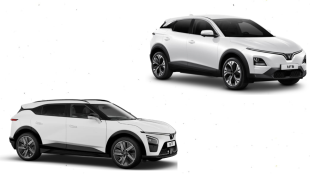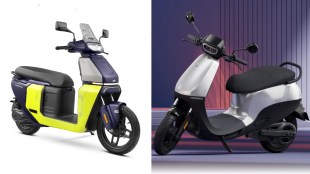Car insurance is essential in India, as it’s legally required and gives protection financially from car-related incidents. Most car owners tend to choose insurance based on low premiums rather than adequate coverage, which can lead to inadequate protection. It’s crucial to treat buying car insurance with the same importance as purchasing the car itself. For first-time buyers, understanding the different types of policies and comparing options is key to finding the right coverage. The Motor Vehicles Act 1988 mandates that every driver must have at least third-party liability insurance, and various companies offer policies at different prices, making it important to research and select wisely.
Here are six key points to consider when choosing car insurance
1. To understand the type of insurance to be chosen: In India, car insurance is mainly categorized into two types: third-party insurance and comprehensive insurance. Third-party insurance is mandatory and provides coverage for damages to other people’s vehicles or property and bodily injuries, but it does not cover any damage to your own car. On the other hand, comprehensive insurance includes third-party coverage along with protection for your vehicle against theft and damages. While third-party insurance is typically less expensive, it offers only basic protection. Evaluating your needs is essential to choosing the right insurance plan, ensuring agreement with the law and adequate coverage while driving.
2. To compare policies: Once the type of insurance plan is chosen, it’s crucial to compare various policies to refine your options. When comparing car insurance online, ensure the policy offers comprehensive coverage, which provides broader protection than third-party insurance by covering both third-party liabilities and damages to the owner’s vehicle. A comprehensive plan also protects against natural and man-made disasters, such as fire, theft, riots, and storms. Although the premium for comprehensive insurance may be higher, its extensive benefits make it worthwhile. By comparing policies online, one can easily find and select the best plan that meets their needs.
3. To look out for discounts and No Claim Bonus (NCB): Car insurance providers frequently offer deals and discounts, so it’s important to stay alert for these opportunities, as they can significantly lower insurance costs. One notable benefit is the No Claim Bonus (NCB), which rewards policyholders who don’t make claims within a year, typically as a discount on the premium at renewal. When comparing car insurance, ensure the insurer has an NCB programme and that it’s factored into their quotes. The NCB discount is regulated by the IRDAI and increases each year one remains claim-free; after five consecutive years without a claim, one can receive a discount of up to 50% on the premium.
4. Add-ons and Customization: Add-on covers, or riders, are additional protections you can purchase to enhance your insurance policy beyond the basic coverage. In India, insurance companies provide a range of these options to meet diverse needs, allowing the customer to customize their plan according to specific requirements. Common riders include zero-depreciation cover, roadside assistance, and return-to-invoice cover. However, not all insurers offer the same add-ons, so it’s essential to compare policies and find one that provides the riders that are required. Selecting the right add-ons is crucial for a comprehensive car insurance plan.
5. To check for IDV: The Insured Declared Value (IDV) is the maximum amount an insurance company will pay if the car is damaged beyond repair or stolen. It should not be confused with the car’s resale value; rather, it reflects the car’s value as determined by the insurer in the event of a total loss. Different insurers may offer varying IDVs, so it’s essential to assess your car’s current market value before comparing policies. When looking for a car insurance policy online, choose an insurer that provides an IDV close to your car’s market value. Proper calculation of the IDV is crucial to ensure you have adequate coverage tailored to your needs.
6. Claim Process and Insurer Reputation: Research the claim process of the insurer and their claim settlement ratio. Opt for a company with a good reputation and efficient customer service to ensure you’re well-supported when you need to file a claim.



















